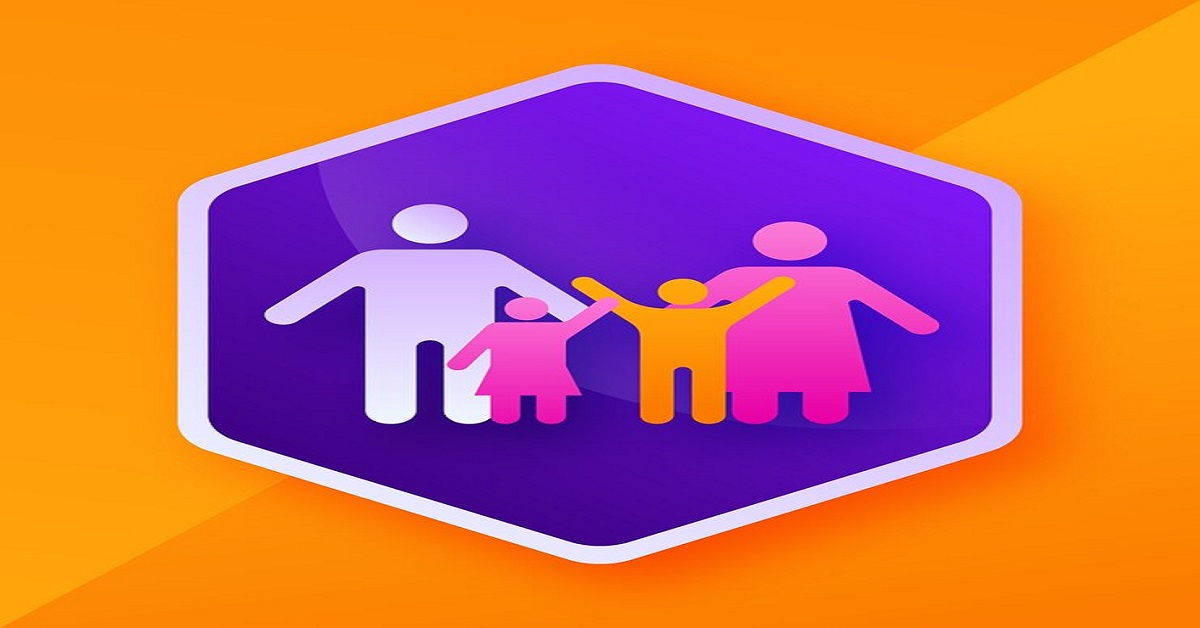Family is one of the most fundamental and universally recognized social units across cultures and societies. It serves as the cornerstone of human relationships, providing individuals with emotional support, care, and a sense of belonging.
This article explores the various dimensions of family, including its structure, roles, dynamics, and significance in society.
Structure of the Family
The structure of a family can vary widely depending on cultural, geographical, and societal factors. However, it typically includes a group of individuals related by blood, marriage, or adoption.
In many cultures, the nuclear family consisting of parents and their children is the most common unit. Extended families, which include grandparents, aunts, uncles, and cousins living together or near, are also prevalent in various parts of the world.
Roles Within the Family
Within the family structure, each member typically plays specific roles that contribute to its functioning and well-being. These roles can be broadly categorized as follows:
- Parents: Responsible for nurturing, protecting, and providing for their children. They serve as role models and educators, imparting values and traditions.
- Children: Dependents who receive care and guidance from their parents. As they grow, children may take on responsibilities and contribute to the family unit in various ways.
- Extended Family Members: Provide additional support and often play roles such as mentors, caregivers, or companions to other family members.
Dynamics and Interactions
Family dynamics refer to the patterns of behavior, communication, and relationships within the family unit. These dynamics are influenced by factors such as cultural norms, socioeconomic status, and individual personalities.
Healthy family dynamics are characterized by open communication, mutual respect, and support for individual growth and development. Conflict and tension may arise from differing opinions, expectations, or external stressors but can often be resolved through effective communication and compromise.
Significance of the Family
The family unit holds profound significance in society for several reasons:
- Emotional Support: Family members provide emotional support during times of joy and adversity, fostering a sense of security and belonging.
- Socialization: Families play a crucial role in socializing children, teaching them values, norms, and societal expectations.
- Economic Functions: Families contribute to the economy through labor, consumption, and financial support.
- Cultural Transmission: They pass down cultural traditions, rituals, and beliefs from one generation to the next, preserving cultural heritage.
Challenges and Evolution
While the concept of family remains a cornerstone of society, it has evolved in response to changing social norms, economic conditions, and demographic trends.
Modern families may face challenges such as balancing work and family responsibilities, navigating divorce or separation, or addressing issues related to aging parents and caregiving. However, families also demonstrate resilience and adaptability, finding new ways to support each other and maintain cohesion amidst changing circumstances.
Conclusion
In conclusion, the family is a complex and dynamic social unit that plays a central role in shaping individuals and societies. Its structure, roles, dynamics, and significance vary widely across cultures and contexts but universally contribute to the well-being and development of its members.
Understanding the intricacies of family life helps to appreciate its importance and the impact it has on individuals and communities worldwide.
